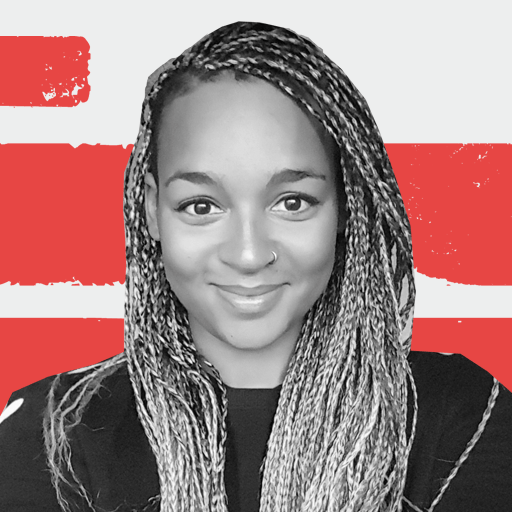The single market. The customs union. Making a deal with the EU or leaving on WTO terms. There’s a lot of jargon to contend with when we’re discussing the economics of Brexit. Sometimes it feels like we get so caught up in pretending we know what it all means that we forget to talk about the impact it’s going to have on people’s everyday lives. When we leave the EU, will some people lose their jobs? Will the things we buy become more expensive? Will businesses do better or worse under new trading rules? This week, Ayeisha Thomas-Smith is joined by Annie Quick,
Topics:
neweconomics considers the following as important:
This could be interesting, too:
Robert Vienneau writes Austrian Capital Theory And Triple-Switching In The Corn-Tractor Model
Mike Norman writes The Accursed Tariffs — NeilW
Mike Norman writes IRS has agreed to share migrants’ tax information with ICE
Mike Norman writes Trump’s “Liberation Day”: Another PR Gag, or Global Reorientation Turning Point? — Simplicius
The single market. The customs union. Making a deal with the EU or leaving on WTO terms. There’s a lot of jargon to contend with when we’re discussing the economics of Brexit.
Sometimes it feels like we get so caught up in pretending we know what it all means that we forget to talk about the impact it’s going to have on people’s everyday lives.
When we leave the EU, will some people lose their jobs? Will the things we buy become more expensive? Will businesses do better or worse under new trading rules?
This week, Ayeisha Thomas-Smith is joined by Annie Quick, Subject Lead for Inequality at the New Economics Foundation and Sam Lowe, who leads on trade and Brexit at Friends of the Earth.

